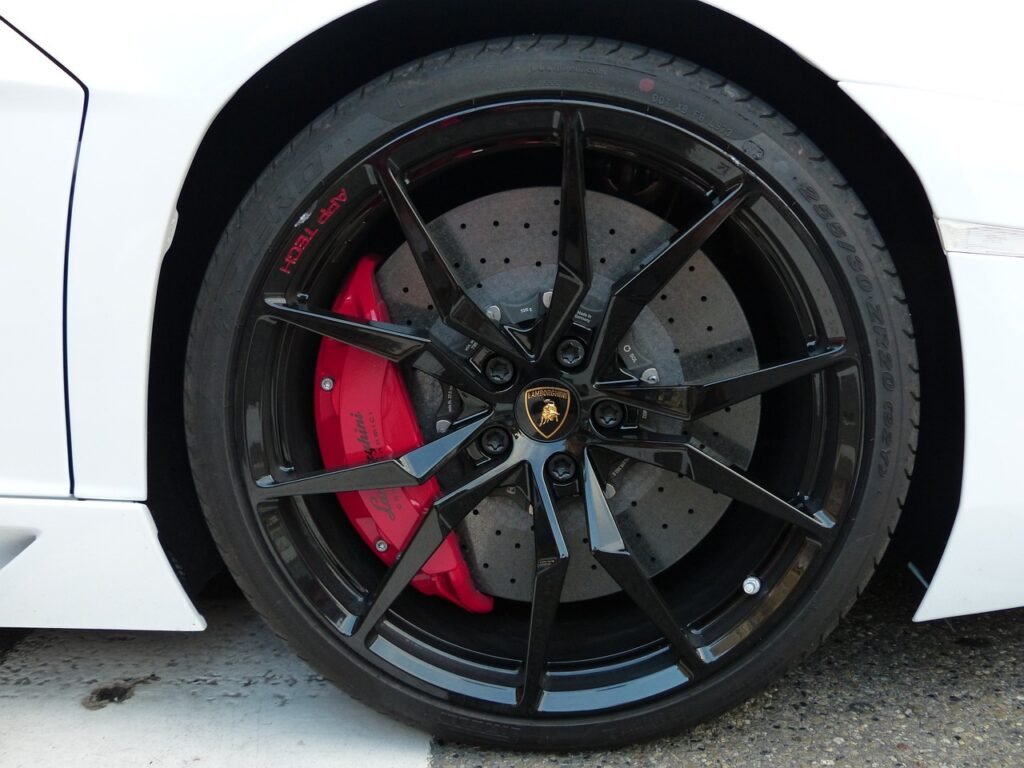Have you ever experienced the awkwardness of your car sounding like a bus when you come to a stop, with everyone around you staring? It’s a common issue that many people face, and understanding the reasons behind it can help you find a solution. In this article, we will explore the possible causes of this noise and what you can do about it.
Driving Style
One of the most common causes of brake squeak is your driving style. If you tend to lightly brake, a thin glaze can develop on the brake pads. This glaze prevents the pads from making proper contact with the brake rotors, resulting in vibration and a high-pitched noise. A few aggressive stops can often remove this glaze and reduce or eliminate the squeak, at least temporarily.
Surface Corrosion
In humid or rainy weather conditions, if your car sits idle for several hours, a thin layer of corrosion may develop on the steel brake rotors. When you start driving, the brake pads may not make good contact with the rotors, causing vibration and noise. Again, a few good stops can help reduce or eliminate the noise caused by surface corrosion.
Worn Brake Pads
If your brake pads are worn, they may be the culprit behind the persistent noise. Many companies have a metal band built into the pads that alerts you when they need to be replaced. Unlike the previous scenarios, the noise will not go away, and it’s important to have your brakes checked and replaced by a professional.
Poor Lubrication
Inadequate lubrication on the caliper slides or the back of the brake pads can cause the brake pads to vibrate or stay in constant contact with the rotor, resulting in noise. This noise will not go away on its own, and a visit to a repair shop is necessary. The professionals will disassemble the brakes and lubricate the necessary areas to stop the noise and prevent premature wear of the brake pads.
Brake Pad Composition
The composition of brake pads can also contribute to squeaking. There are different types available, such as organic, semi-metallic, and ceramic brake pads. Organic pads rarely cause squeaking but are less durable and will not stop your car as quickly. Semi-metallic pads are the brakes on most cars today and more likely to develop glaze and produce noise, but they offer better performance and longevity. Ceramic pads are the most expensive option and rarely cause squeaking, but they require some warm-up time to reach optimal braking performance. We will delve deeper into the different brake pad compositions in a future post.
In conclusion, if you hear a squeaking noise when stopping, it’s essential to perform a few simple checks to determine the cause. Understanding the reasons behind the noise can help you decide whether it’s necessary to bring your car into a professional shop for further inspection and maintenance.

